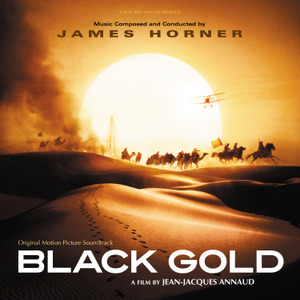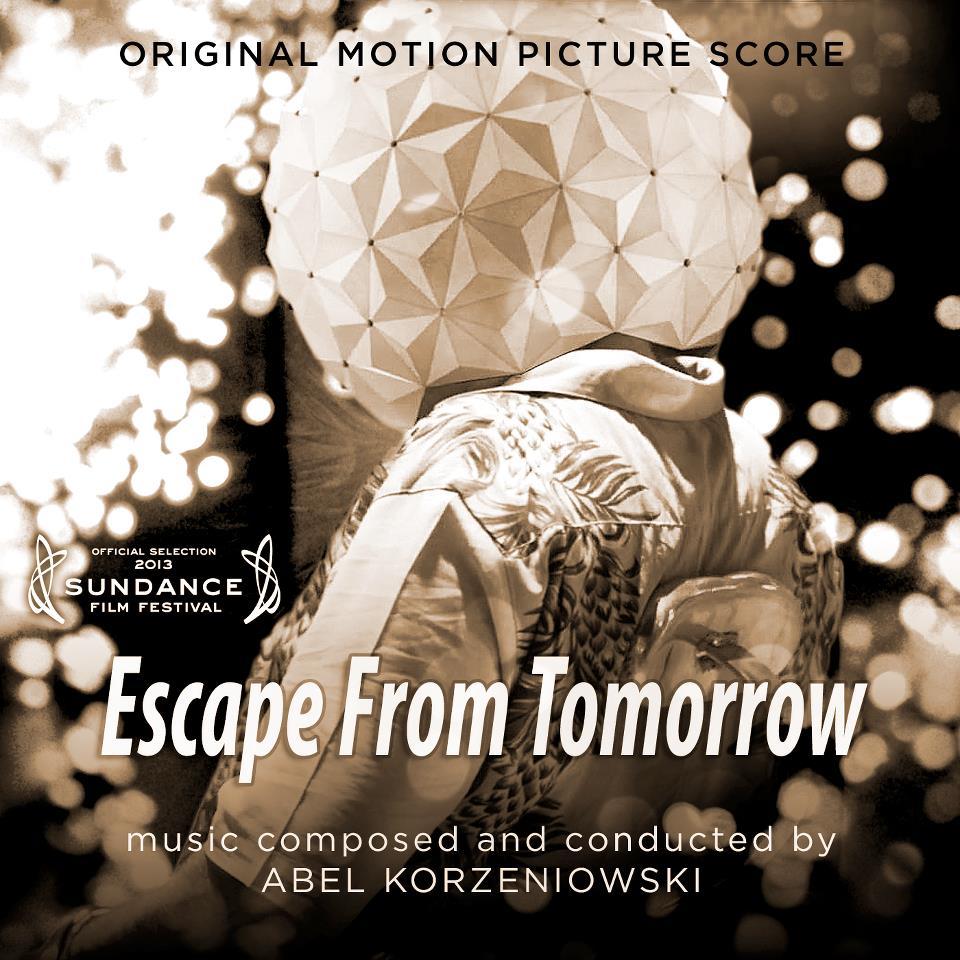Journey 2: The Mysterious Island (Andrew Lockington)
Posted: February 22, 2012 Filed under: Andrew Lockington 3 CommentsFinal Musings: 2012 starts off with a very great swashbuckling adventure score. Whereas the first score was an refreshing entry into the genre that brought back the glory of symphonic adventure scores of the past, Andrew Lockington takes that sound and expands it to offer a more unique and well rounded score. While it has it is not without its fair share of minor faults, you can’t help but think with greater themes, new musical colours and thrilling action material, Lockington seriously delivers to meet the high expectations made of him. Listeners will not finish this score unimpressed.

It’s clear that today’s films have generally come to focus less on stimulating narratives and more on visual spectacles (as shown clearly by successful blockbusters like Transformers). And in that case, what better place is there to exploit than the fantastical worlds of Verne’s creations? Unfortunately, the modern film adaptations are certain to make Verne turn in his grave. The former film, Journey to the Center of the Earth was only worthy of some note due to its special 3D release. And with an inherently flawed plotline and its shallow characters, the film was clearly an excuse for shoving a bunch of colourful CGI shots in the faces of the mainstream audience. Avoiding the unspoken laws of Hollywood commercial flicks, the summer success of the film would have the studios demand a sequel that would milk out any marginal potential profit the premise still had left. There was little ambition for the film to begin with, having a completely new cast that included Dwane Johnson (aka the Rock) and surprisingly veteran actor Michael Caine, the plotline follows Sean’s (the only recurring character) venture to a mysterious uncharted island while bonding with his new stepfather as a family experience. As expected, the sequel was frowned upon by critics and suffers from an even greater lack of redemptive entertainment value.
While the film may have nothing salvage, lovers of film music did have a great score to look forward to. Returning to the franchise is the relatively newcomer Andrew Lockington. The young Canadian composer started from his humble beginnings as an orchestrator (having worked for the likes of Mychael Danna) and quickly rose to prominence. In a time where generic films like these were treated with bland scores that followed the trends of the composers of Zimmer’s clone army, Media Ventures (or rather Remote Control Productions), Lockington made a surprising burst into the industry with his two excellent scores for 2008’s Journey to the Center of the Earth and The City of Ember. 2008 was a big year for the composer where a great fan base flocked to the fresh and vibrant sound of his music. Interestingly enough, his major foray into the industry was not unlike the monumental success of David Arnold’s own entry. Read the rest of this entry »
Music Muse Awards 2011
Posted: February 15, 2012 Filed under: Music Muse Awards 3 Comments2011 was a quite a strong year in film scores, easily surpassing the last 3 years in consistency and quality. Of course, there was little doubt of that to begin with. Film score fans everywhere were eagerly the comeback of the long absent maestro, John Williams and boy he did not disappoint! Along with that, the year was ripe full of emotional, with Mark McKenzie’s touching religious tones and Marianelli’s heartbreaking classicism. Moreover, 2011 was a year for many foreign composers like Kolja Erdmann with the fantastic Russland, Ludovic Bource with the nostalgic The Artist along with the return of rising stars like Arnau Bataller, Abel Korzeniowski and Qigang Chen. It was extremely hard deciding and compiling all these favourites and disappointments and I hope there is something for you to take out of it. Enjoy (or despair!). Read the rest of this entry »
Black Gold (James Horner)
Posted: February 3, 2012 Filed under: James Horner 7 CommentsFinal Musings: James Horner delivers an epic that is worthy to sit amongst his classic predecessors’ ventures into the deserts of Arabia. With a soaring theme of great grandeur that sings the song of the sandy plains almost as well as Jarre did with Lawrence of Arabia, this score will impress in its most glorious moments. The haunting vocals add an incredibly rich sense of authenticity that is to be commended. Yet the score is largely an intimate one and while the subtlety of the score may not be for everyone, Horner strikes gold with this excellent balance of emotion and majesty. A triumph of 2011.
The 2011 film Black Gold was a project close to director Jean-Jacques Annaud’s heart. The ambitious epic was a throwback to the flair of the big films of the 50s and 60s with its stunning production values, and having a strong cast that includes prominent actors such as Mark Strong, Antonio Banderas and the rising star, Freida Pinto, films like this are just not seen in the industry anymore. And it’s a shame that Black Gold did not receive greater attention for films of such scope are sadly rare to witness and relish these days. The movie is based on the novel, The Great Thirst, which tells a tale of two warring leaders that agree to a truce to leave the desert lands of the Yellow Belt as neutral territory. In order to maintain loyalty, one of the clan leaders is forced to forfeit his two sons as hostages so that conflict would not be provoked. Years later, it is found to be that there are massive of deposits of oil found in this unmanned land, and now the idea of the potential fortune threatens both clans with war. The film brings up the important issue of black gold while addressing the history of Arab revolts in the Middle East.
To go on, the stunning cinematography of the film and its gorgeous visuals often pay homage to the infamous desert film, Lawrence of Arabia. And a film of such great scope would need an equally inspired score that would attempt to reach for the success of Maurice Jarre’s score, which became an instant classic upon its release. Film composing veteran, James Horner was signed on for the task. This would be the third collaboration between the director and the composer; their past works including The Name of the Rose and Enemy at the Gates. It has been said that director Jean-Jacques Annaud went to L.A. seeking a composer only to find himself showing the film to James. Unfortunately, the budget for the film couldn’t make room for an A-list composer like Horner. Yet Horner was apparently so impressed with the film and its potential that he decreased his fees so that he could make it on with the project. Often following up on the director whenever he could, it was clear that Horner approached this film with a sense of genuine passion. Read the rest of this entry »





